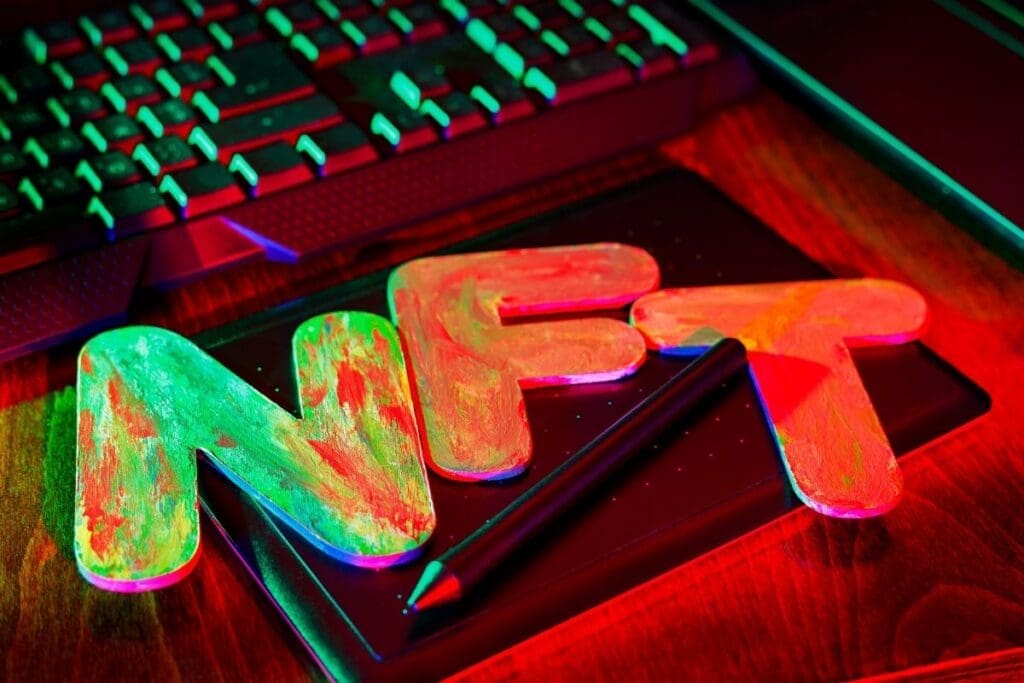Indonesia’s state postal service, Pos Indonesia, has introduced a groundbreaking concept that merges traditional stamp collecting with blockchain technology by launching NFT stamps. The inaugural NFT stamp, themed “Cenderawasih,” aims to capture the attention of collectors with its dual physical and digital versions, exemplifying the country’s foray into the Web3 realm.
Postage stamps, once a conventional means of sending mail, have now transcended their original purpose in the era of blockchain. Indonesia’s move to blend the old with the new in stamp collecting comes at a time when the hype surrounding NFTs appears to be dwindling. Recent data from CryptoSlam reveals a significant drop in NFT sales volume to $296 million in September, a far cry from the peak of $1.6 billion recorded in March.
NFT Technology Opens New Doors in Traditional Industries

Pos Indonesia, a state-owned postal service, has ventured into uncharted territory by introducing postage stamps paired with non-fungible tokens (NFTs). This forward-thinking approach seeks to revolutionize traditional stamp collecting by integrating blockchain technology.
In a recent social media post on Instagram, Pos Indonesia unveiled its inaugural NFT stamp in collaboration with “Cenderawasih,” known as the “bird of paradise.” The NFT stamp will be available in both physical and digital forms, in addition to being published as a booklet. By blending the latest in blockchain innovation with age-old values, the postal service anticipates piquing the interest of collectors.
This innovative move into NFT stamps reflects Indonesia’s increasing engagement in the Web3 landscape. The country’s financial authorities recently unveiled plans to establish a regulatory sandbox for crypto assets by early 2025 to combat fraud.
While digital collectibles like NFTs are experiencing a downturn, Post Indonesia’s foray into NFT postage stamps signals a revival of interest in traditional institutions embracing technology. This evolution suggests that NFTs could soon become a commonplace element of daily life beyond their current association with digital art.
The decline in NFT sales is palpable, with monthly volumes hitting a low not seen since January 2021. September’s sales plummeted to $296 million, marking a 20% decrease from August and an 81% drop from the record high in March, when sales peaked at $1.6 billion.
Furthermore, the number of NFT transactions decreased substantially in September, falling from 7.3 million in August to 4.9 million, equating to a 32% decline.
While the concept of NFT stamps is relatively new, various organizations endeavored to rekindle interest in stamp collecting by incorporating blockchain technology in 2021 and 2022. Initiatives from countries like the United Arab Emirates, Austria, and the Netherlands sought to fuse tradition with innovation through blockchain-powered stamp collections.
Pos Indonesia’s NFT stamp project underscores the potential trajectory of the crypto asset market. As NFT sales dwindle, the integration of this technology by traditional entities signifies a shifting landscape within the industry. This trend indicates that NFTs may eventually transcend their current status as digital art and become woven into the fabric of everyday life.
You may also like this content
Follow us on TWITTER (X) and be instantly informed about the latest developments…
Copy URL
For more trending news articles like this, visit DeFi Daily News.



















